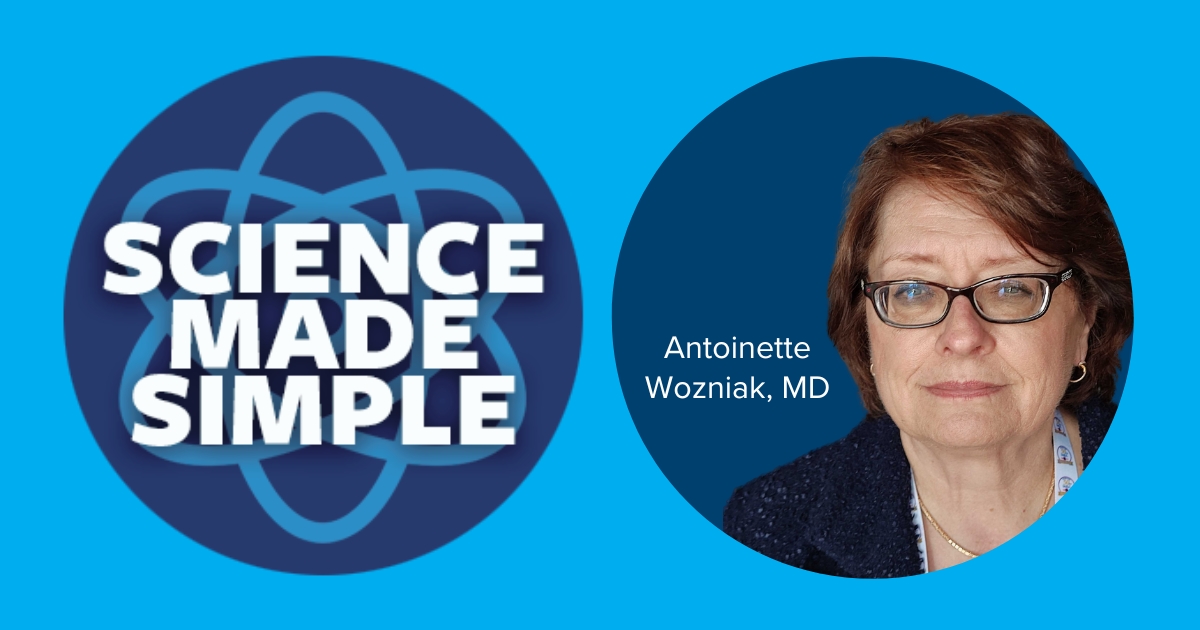
Las buenas noticias
The U.S. Food and Drug Administration (FDA) has granted accelerated approval to zenocutuzumab-zbco for the treatment of adult patients with advanced, unresectable, or metastatic non-small cell lung cancer (NSCLC) or pancreatic adenocarcinoma that harbors a gene fusion involving neuregulin 1 (NRG1). The drug is approved for use following disease progression during or after prior systemic therapy.
Por qué es importante
El NRG1 es importante en el desarrollo del sistema neurológico y otros procesos biológicos. Las fusiones o reordenamientos del gen NRG1 son poco frecuentes y pueden darse en 0.2% de CPNM y en otros tipos de cáncer. Las proteínas NRG1 se unen a HER3 promoviendo el desarrollo del cáncer. A los pacientes que presentan esta anomalía en su tumor no les va tan bien con el tratamiento estándar.
Zenocutuzumab is a bispecific antibody (binds to 2 targets) that blocks the interaction between NRG1 and both HER2 and HER3. The drug was evaluated in the eNRGy study which was a “basket” trial of patients with previously treated cancer. A trial of this type means that it is open to patients with any kind of cancer as long as they have the gene alteration – in this case, an NRG1 fusion. Of the 64 patients with NRG1 fusion NSCLC in the study, 33% had a significant reduction in their cancer from zenocutuzumab treatment that lasted a median of 7.4 months. Side effects were very manageable and included muscle pain, gastrointestinal symptoms (diarrhea, nausea, vomiting, constipation), rash, infusion reactions, and laboratory abnormalities.
Qué significa para los pacientes
Las fusiones NRG1 representan otra anomalía en la célula cancerosa que puede tratarse con terapia dirigida. Debido a su rareza, es importante que los pacientes se sometan a pruebas moleculares/genéticas de su cáncer para determinar si existe una fusión NRG1. El fármaco también fue aprobado para pacientes con cáncer de páncreas que tienen una fusión NRG1 debido al beneficio que se demostró en el ensayo.
Qué buscar
Probablemente habrá más ensayos que evalúen el zenocutuzumab, posiblemente en combinación con otros tratamientos y como terapia inicial para pacientes con CPNM avanzado que tengan fusiones NRG1. Cabe esperar que continúe la búsqueda de dianas adicionales para el tratamiento y el posterior desarrollo de nuevos fármacos.
